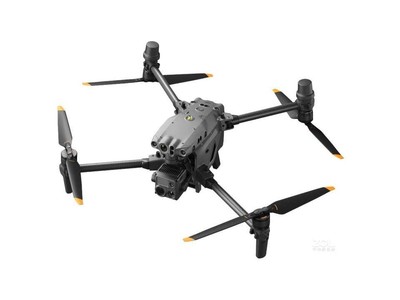In an era defined by rapid technological advancements, drone surveillance has emerged as a pivotal tool in the transformation of modern law enforcement strategies. As these unmanned aerial vehicles (UAVs) become more sophisticated and their capabilities continue to expand, police departments around the world are increasingly integrating drones into their operations. This integration is not only reshaping the landscape of crime prevention but also introducing new challenges and considerations for privacy, ethics, and legal frameworks.
The Benefits of Drone Surveillance in Law Enforcement
Drones have revolutionized the way law enforcement agencies conduct surveillance, search and rescue missions, and crowd monitoring. Their ability to reach areas that might be inaccessible or dangerous for humans is one of their most significant advantages. Equipped with high-resolution cameras and real-time data transmission, drones can provide law enforcement with a bird’s-eye view of situations as they unfold.
Moreover, the use of drone surveillance enables law enforcement to gather information without direct interference, reducing the risk of escalating potentially volatile situations. This capability is particularly useful during large public events or protests, where maintaining public safety is tantamount while minimizing direct confrontation. Additionally, drones equipped with thermal imaging cameras have proven indispensable in search and rescue operations, potentially saving lives by locating individuals more quickly than traditional methods.
Privacy Concerns and Ethical Considerations
While the advantages are significant, the deployment of drones in law enforcement is not without controversy. Privacy advocates express concerns about the potential for overreach and the infringement of citizens’ rights to privacy. The ease with which drones can be deployed and the extensive surveillance capabilities they offer create a potential for misuse if strict regulations and oversight are not put in place.
These concerns have led to the development of legal frameworks that aim to balance the benefits of drone surveillance with individual privacy rights. Many regions now require police departments to obtain warrants before using drones for surveillance in specific situations, ensuring that the deployment is justified and subject to judicial oversight.
Ethical considerations also play a crucial role. The managerial decision to deploy drones must consider not just the capability and potential benefits but also the societal implications. Transparent communication with the public regarding the purpose and extent of drone usage can help mitigate concerns and build trust between the community and law enforcement agencies.
Integration with Other Technologies
Drones are increasingly being integrated with other technologies to enhance their effectiveness in surveillance and crime prevention. For example, combining drone surveillance with artificial intelligence (AI) allows for more sophisticated analysis of the data collected. AI algorithms can identify patterns, recognize faces, and even predict potential criminal activities, providing law enforcement with actionable insights that were previously unimaginable.
The synchronization of drone data with other digital tools, such as geographic information systems (GIS) and crime mapping software, empowers officers to make informed decisions quickly. This integration facilitates a more coordinated response to emergencies and enhances the overall efficiency of law enforcement operations.

Looking Ahead: Future Implications and Developments
The future of drone surveillance in law enforcement promises even more innovation. As technology evolves, we can expect drones to become more autonomous, with enhanced capabilities including better sensors, longer flight durations, and more robust data processing. These advancements could further streamline operations and enable more proactive law enforcement strategies.
However, with greater autonomy and capability, the need for comprehensive regulatory frameworks becomes increasingly urgent. Ensuring that these technologies are used ethically and responsibly is crucial for maintaining public trust and safeguarding civil liberties.
FAQs
What are the legal requirements for drone surveillance in law enforcement?
In many jurisdictions, law enforcement agencies are required to obtain a warrant before using drones for surveillance in specific situations. This requirement is designed to protect privacy and ensure the surveillance is conducted lawfully.
How do drones improve the efficiency of law enforcement operations?
Drones offer unparalleled situational awareness and can quickly cover large areas, reducing the time and manpower needed for surveillance. They can also integrate with other digital tools for enhanced data analysis.
What measures are in place to address privacy concerns related to drone surveillance?
Regulations such as warrant requirements and transparency policies aim to address privacy concerns. These measures help balance the benefits of drone usage with the need to protect individual privacy rights.